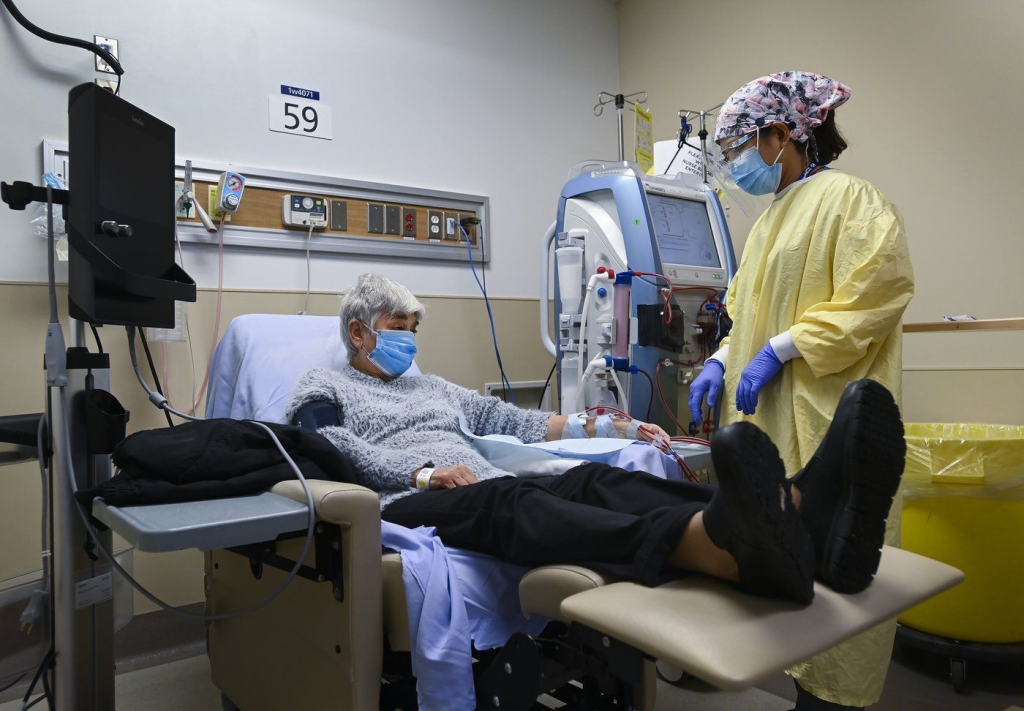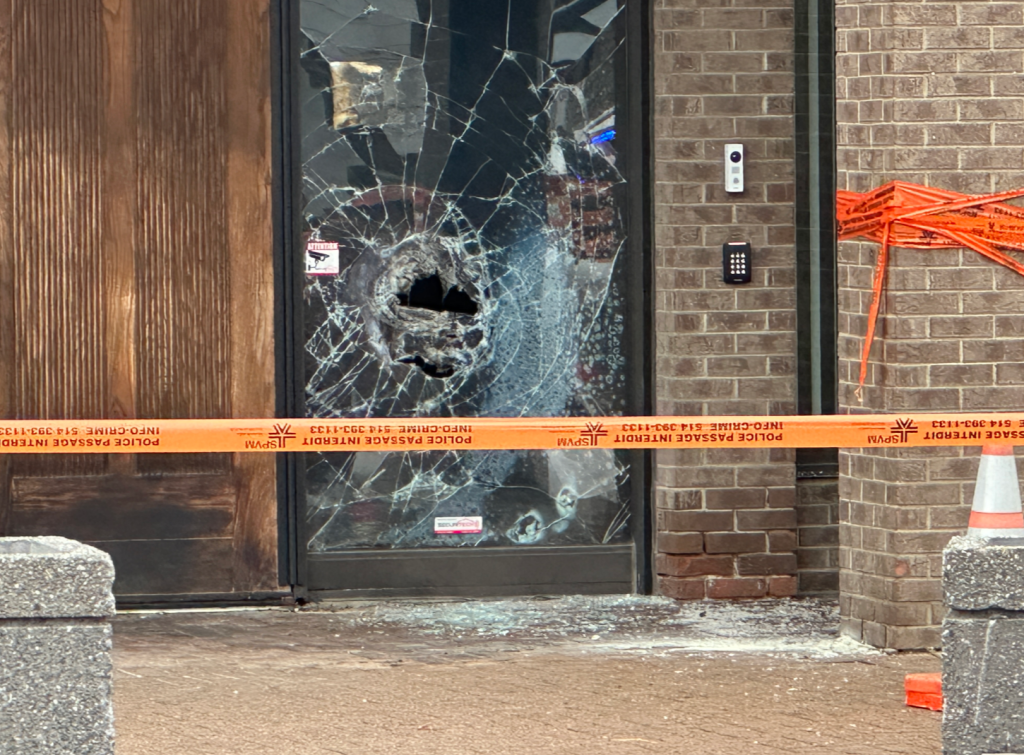Quebec lacks geriatricians to cope with an ageing population

Posted April 5, 2025 2:02 pm.
Quebec is one of the nations with the highest proportion of elderly people in its population – within five years, one person in four will be aged 65 or over in Quebec. We need more geriatricians, the specialist doctors who care for the elderly, but this medical speciality is struggling to find new doctors to look after the elderly.
There are currently 148 geriatricians across the province. The Association des médecins gériatres du Québec (AMGQ) calculates that a minimum of 211 would be needed for there to be a ratio of one geriatrician for every 4,000 inhabitants aged 75 and over. “This figure could change over time depending on the demographic curve,” explains Dr. Julia Chabot, geriatrician and vice-president of the AMGQ.
“The health conditions of the elderly can require quite specialised expertise. That doesn’t mean that every elderly person in Quebec necessarily needs to be assessed by a geriatrician. However, there will be certain people with specific health conditions who will benefit from being seen by a geriatrician. So 148 is definitely not enough,” says Dr. Chabot.
Dr. José Morais, Head of the Division of Geriatrics at the McGill University Health Centre (MUHC), also believes that the needs exceed the resources available. “Even in urban areas where there is more geriatric care, the elderly population is so huge that we are not enough. We have waiting lists in our outpatient clinics, and our hospitals are full of elderly people,” he says.
He estimates that around 55 per cent of patients admitted to the MUHC are over 75, which requires special attention from the nursing staff, as many of them leave hospital with a loss of functional capacity. “Geriatricians are in great demand as consultants, precisely because they are involved in care and in preventing loss of autonomy […] There is a crying need for more geriatricians if the hospital is to function properly,” he says.
Seniors, not all in the same basket
Some elderly people are in good health, some even in very good shape, but overall, most of the health care a human being needs is provided towards the end of life.
“This is a major challenge. We have an ageing population that is extremely heterogeneous. We have older people with very few health problems and vice versa. For us, this is a very important issue, because we don’t want to lump all ageing into one basket,” says Dr. Chabot.
People aged 85 and over are one of the fastest-growing populations in Canada. At this advanced age, many patients have co-morbidities and a loss of cognitive function. This is where geriatricians come in.
These are cases where there is a loss of autonomy, repeated falls and confusion,” says Dr Morais. It’s a range of chronic illnesses that are difficult to manage, but not everyone over the age of 65 needs a geriatrician. We calculate that it’s mainly elderly patients who have a certain level of vulnerability. Our patients are often aged 80 and over. There are fewer and fewer patients between 65 and 80 in our clinics.
Dr Morais believes that people underestimate the impact of geriatrics. “We are present from emergency, on the floors [at the hospital] and also in outpatient clinics to cover the whole range of needs of the elderly. But we are limited by our numbers,” he says.
Lack of staff time
In 2011, the French Ministry of Health and Social Services introduced the Approche adaptée à la personne âgée (AAPA) in hospitals. This approach included the SENIOR signs. Each letter is a checklist for assessing the elderly during their stay in hospital (A for autonomy, I for skin integrity, N for nutrition and hydration, E for elimination, C for cognitive state and S for sleep).
According to Dr Josée Filion, director of the geriatrics programme at the Université de Montréal, the government’s initiative was a good one, but it is difficult to implement with the staff shortage. “It was done to counter the shortage of staff, the overflow in emergency departments and the many prejudices against the elderly. That was in 2011, but it’s still very topical. If we could just implement this adapted approach properly, it would really be better,” she says.
But health professionals are overworked and short of time. All too often, SENIOR signs are done quickly or not at all,” says Dr. Filion.
‘It’s being put in place everywhere in Quebec, but I think we can continue to work together to strengthen it and ensure that it’s done in the best possible way,’ adds the AMGQ vice-president.
Its professional association wants to set up a ‘responding geriatrician’ project to counter the shortage of staff in the healthcare network. “It’s a project where we want the second line to finally get closer to the first line. For example, if a family doctor assesses a patient and would like to see the case with a geriatrician for reason XYZ, we should be able to be at the end of the phone, at the end of telemedicine, at the end of a computer. We need to be much more present to support them through this process,” explains Dr. Chabot.
The AMGQ is working with the Ministry of Health to bring this project to fruition soon. The aim is to find solutions to the challenges of an ageing population that are already present, but also looming on the horizon.
–This report by La Presse Canadienne was translated by CityNews








